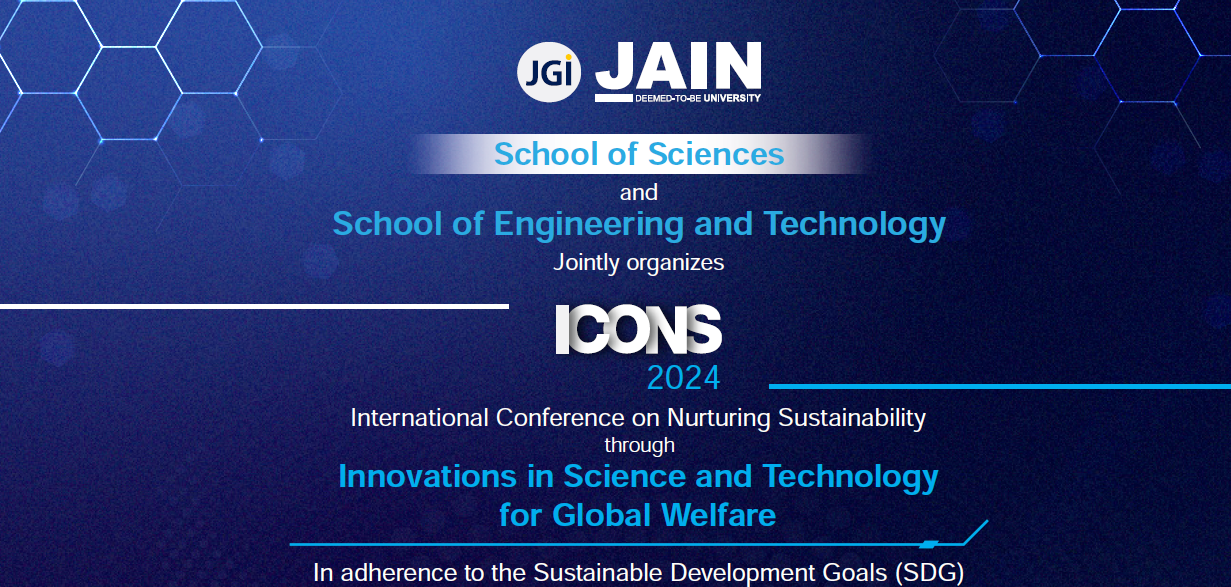Speakers
Description
Self-efficacy, or the belief in one's ability to perform tasks and achieve goals, significantly affects experiences with teletherapy. Teletherapy involves delivering mental health services through technology such as video calls, messaging platforms, or mobile apps. Individuals with high self-efficacy are more likely to engage with teletherapy effectively, navigate technology with confidence, and participate actively in sessions, leading to improved mental health outcomes. Conversely, those with low self-efficacy may face challenges with technology, reduced engagement, and less persistence in therapy. Addressing self-efficacy is crucial for enhancing teletherapy’s effectiveness and ensuring individuals feel competent in managing both the technological and therapeutic aspects of the process.
Objective
This study aims to explore how self-efficacy impacts engagement, technological adaptability, and therapeutic outcomes in teletherapy. It focuses on understanding how varying levels of self-efficacy influence individuals' experiences with teletherapy, especially in addressing the demand-supply gap in mental health services.
Significance
By examining the relationship between self-efficacy and teletherapy outcomes, the study seeks to identify ways to improve engagement and effectiveness. Understanding these dynamics will provide insights into designing better support strategies for individuals with low self-efficacy, thereby enhancing the overall impact of digital mental health interventions and addressing gaps in service provision.
Utilizing an exploratory mixed-method research design, the studu will assess the effectiveness of the Teletherapy in people with low self esteem. Additionally, this research will explore the sustainability of teletherapy as a long-term solution in mental health care.
Keywords: Self-Efficacy, Teletherapy, Engagement, Technological Adaptability, Therapeutic Outcomes, Sustainability

